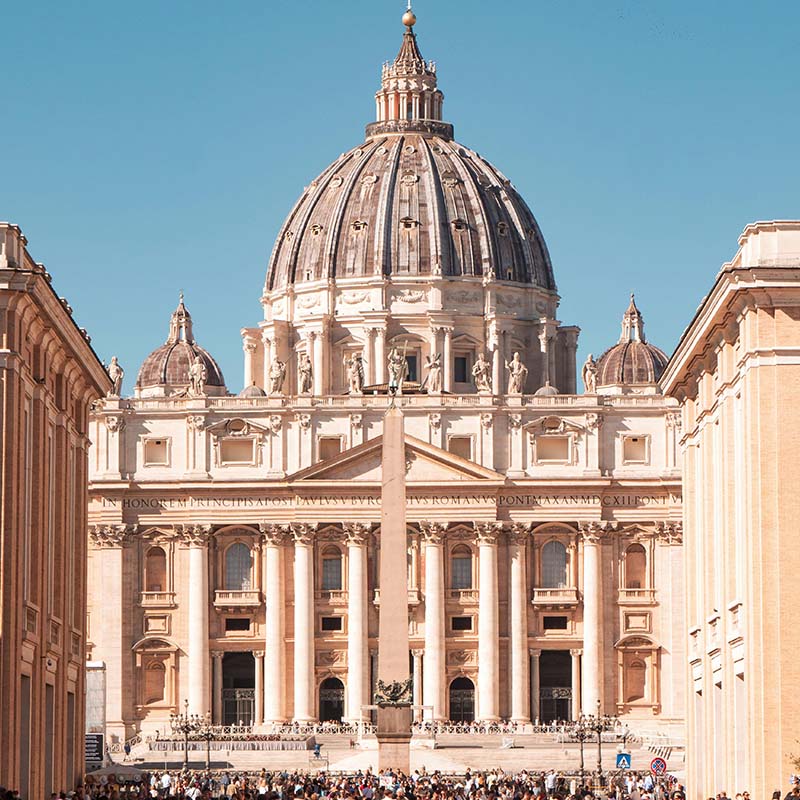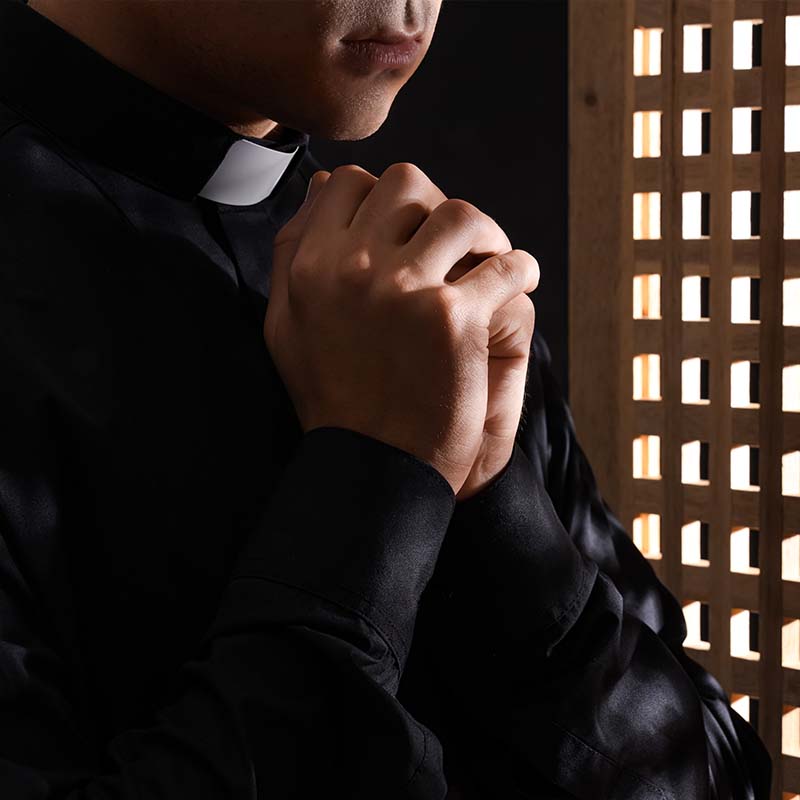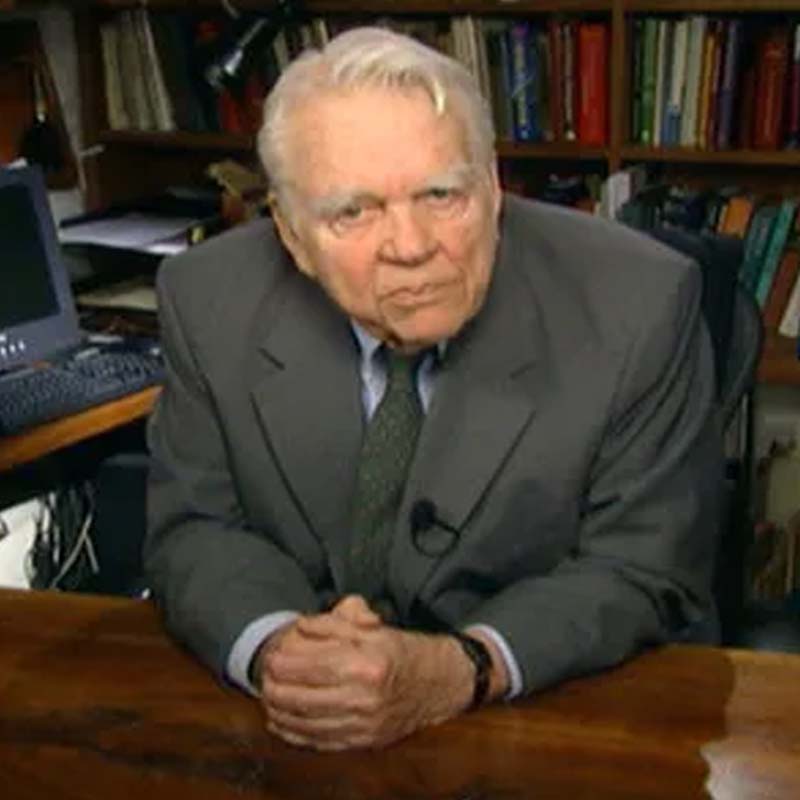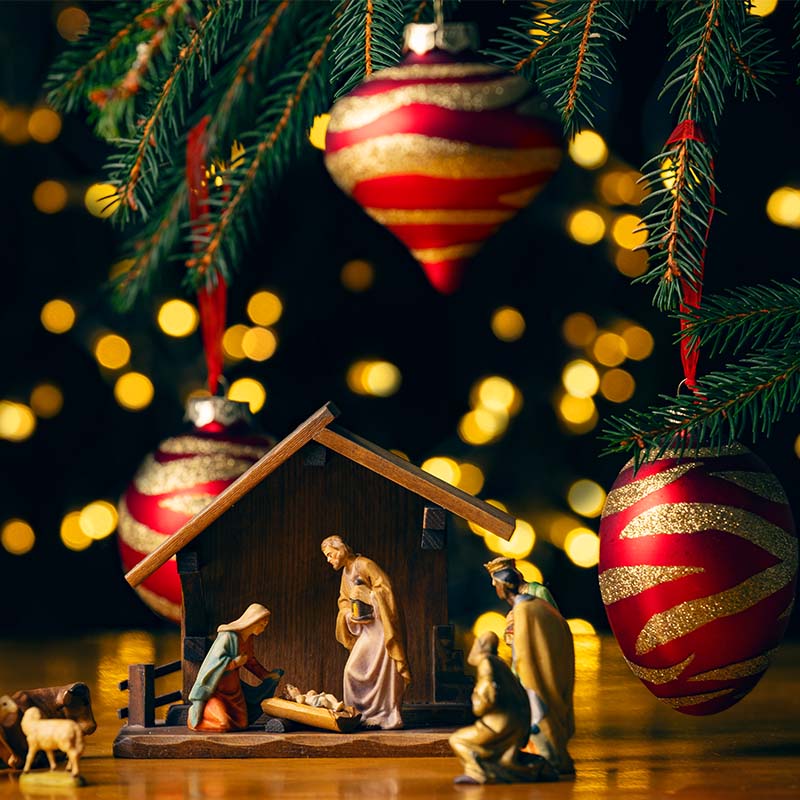
Remember Wacky Wednesday – a book by Dr. Seuss? A story where chaos is on the loose? Every page has pictures with things reversed. Order is banished and logic is cursed.
“A worm chasing a bird, a mouse chasing a cat“, and the Z before Y in the alpha-bat. It’s a fictional book for kids, it’s true. But Christmas for real is now crazy, too!
Jesus is the reason for the season, we’re told. But it seems that for most, He’s left out in the cold.
The miracle of God becoming a Child, is now just ignored or mentally filed.
Decorations, Christmas music, festive parties galore. Buying gifts online now instead of a store.
The Christmas season more than six weeks long, ends on Christmas day, doesn’t that seem wrong?
I’ll now stop channeling my inner Dr. Seuss. For making my point, it no longer has use.
Wacky Wednesday came to mind when I read Cardinal Cantalamessa’s third Advent sermon to the papal household this year. (And, yes, I do realize the implications of this disclosure regarding my inner world).
Our society describes this “holiday season” (sans Christmas) as a season of giving. Evidence the office gift exchanges, wish lists submitted to shopping mall Santas, and Black Friday sales that are trumped by early Black Friday sales and anticipated by two days earlier sales. And each bell-ringing volunteer alongside a Salvation Army red kettle reminds us of those that are in greater need.
Have we got it right with giving or is it a case of Wacky Wednesdays?
Consider the Cardinal’s words: “What we must do, first of all, at Christmas is to believe in God’s love for us. It seems like an easy thing. Instead it is among the hardest things in the world. Man is more inclined to be active than passive, to do rather than to let himself be done (keep in mind this is a translation from Italian). Unconsciously we do not want to be debtors, but creditors.”
Be honest. Think of how you feel when you watch your children tearing open your carefully wrapped Christmas gifts with squeals of delight. Or when your spouse opens the anniversary gift that you thought of, planned for, and finally purchased months in advance. Compare that with your response to opening an unexpected gift from a co-worker. Perhaps embarrassed gratitude accompanied by a mental note to self – I owe them a gift now.
To Give or Receive?
In the Book of Acts (20:35), Paul references the very words of Jesus that “It is more blessed to give than to receive.” But can this be applied to our relationship with God? After all, anything that we would have to give God was given to us by God first. “What do you have that you did not receive? And if you received it, why do you boast as if it were not a gift? (1 Cor.4: 7b).”
If this is the case, then the primary Christmas spirit is one of receiving. “The love of God has been poured into our hearts through the Holy Spirit who has been given to us.” (Rom. 5:5) And how can something, or rather someone, be poured into us unless we are first emptied?
The season of Advent is “spot on” with this. The Scriptures in the liturgies call us to “prepare the way of the Lord” by filling in the valleys and razing the mountains; that is to say, removing the obstacles that would limit our capacity to receive the love of God.
But what of Jesus commending the rich young man who correctly identified the first and greatest commandment as loving God with all one’s strength? Doesn’t that mean that the most important thing we can do is to give our love to God? Cantalamessa explains that even “before the order of the commandments, there is the order of grace, that is, of God’s gratuitous love. The commandment itself is founded on the gift; the duty to love God is based on being loved by God. ‘We love because he first loved us’ (1 Jn. 4:19).”
And so, the Cardinal concludes, “The most important thing to do at Christmas is to receive, full of wonder, the infinite gift of God’s love.”
A Wacky Ending
He goes on to recommend (Wacky Wednesday warning) children as our role models for this. They ask things from their parents not because they’ve earned them, but because they simply presume upon the love of their parents. “It is above all for this reason that Jesus so often recommends becoming like children to enter his Kingdom.”
In the third chapter of John, Jesus assured Nicodemus that he must be born again to overcome his doubt and fears about who Jesus was. Last time I checked, we’re all born as babies. What better symbol of receiving love than a helpless, needy, vulnerable newborn? Is it any surprise that God chose to send the gift of His love to humanity in the form of an innocent infant?
Cardinal Cantalamessa concludes his sermon with a legend that underscores the point (spoiler alert – another Wacky Wednesday image). My adaptation of the Italian translation goes like this.
Among the shepherds who went to see the Child on Christmas Eve, there was a shepherd boy so poor that he had nothing to offer the Child’s Mother. So he stood aside in shame as the others came forward to give Mary their gifts. For a moment she paused, holding Jesus in her arms, having no way to take the gifts from them. Seeing the little shepherd with empty hands, she took her Child and gently put him in his arms.
May we honor the true spirit of Christmas all year long by our childlike wonder and amazement at the gratuitous gift of God’s unconditional love to us. The Wacky Wonderful Love of God.
















